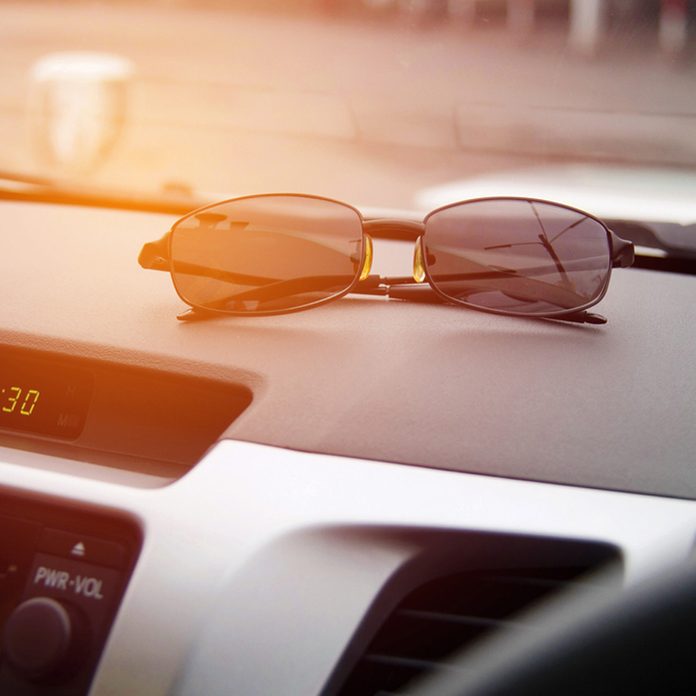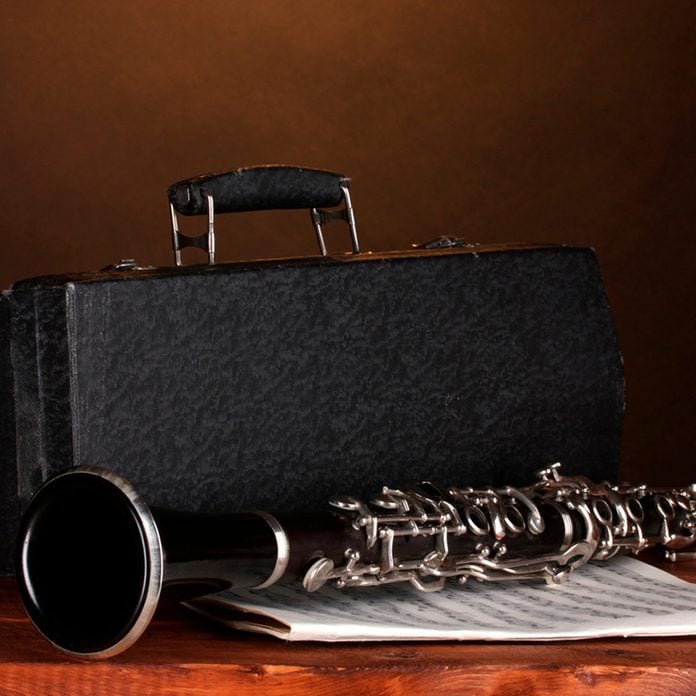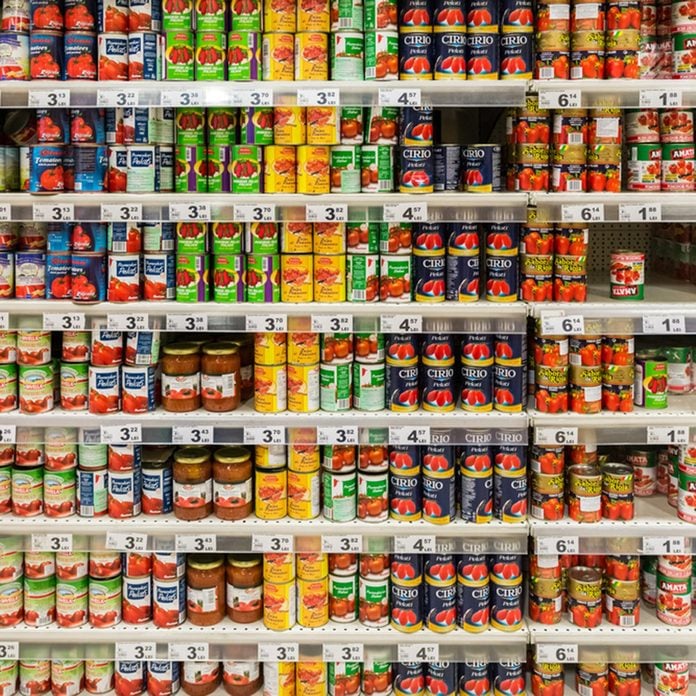10 Things You Should Never Leave in Your Car During Winter
1.Glasses
Try not to leave your glasses in the car, as both heat and cold can affect the frames.
Extreme cold can cause the frames to snap.
Did you know bifocal safety glasses are available?
2.Pets
You know you shouldn’t leave your pets in the car in the summer, but the same is true during the winter months.
The interior temperature of your vehicle can cool to the outside temperature quickly, leaving pets at risk.
3.People
Children and the elderly can more easily succumb to cold-temperature related issues such as hypothermia.
Never leave people in the car, as the inside temperature can drop quickly.
4. A Gas Tank on Low
To help keep your fuel lines from freezing, keep your tank more than half full during the winter.
You can also use a fuel-line antifreeze to keep lines from freezing over during extremely cold spells.
5. Beverages
Leaving beverages in your vehicle for extended periods of time when the temperature dips below freezing often results in a mess.
Don’t forget to take bottled water, juice, soda and beer inside after your trip to the grocery store.
6. Musical Instruments
Extreme cold can adversely affect musical instruments.
At best, the cold air will cause them to go out of tune.
At worst, it can cause some instruments, particularly those made of wood, to shrink and even crack, according to The Real School of Music.
7. Electronics
Not only can electronics be stolen if left in a vehicle, but items such as laptops and tablets don’t like extreme temperatures. The cold can affect the device’s battery life and damage processors. In addition, if you have personal information stored on your device, identity theft can become an issue if stolen.
8. Keys
Never leave your keys in your car.
Resist any temptation to start your car warming by itself on cold winter mornings.
It makes your car an easy target for theft, not to mention that some states forbid it.
9. Canned Goods
The USDA notes canned goods can freeze and expand just like soda and beer.
This expansion can break the seal and cause the food to spoil. According to the USDA, “A frozen can that has not thawed can be safely defrosted in the refrigerator and used.
If the canned food is still frozen, let the intact can thaw in the refrigerator before opening.
If the product doesn’t look and/or smell normal, throw it out. Do not taste it!”
 10. Aerosol Cans
10. Aerosol Cans
Aerosol cans, such as those that contain hairspray or spray paint, shouldn’t be kept in extremely cold conditions. Exposure to either heat or cold temperatures can destabilize the pressurized cans. Cold can make the cans crack or even explode.









